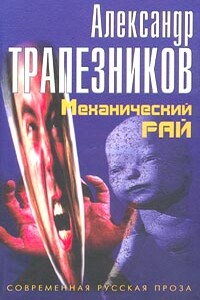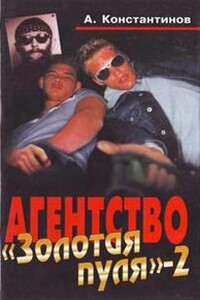Hit and Run | страница 69
He waited but no train came. He couldn’t see to read his watch anymore. His eyes felt hot and his head spun. He felt the sudden clench in his guts, a wash of saliva flood his mouth and then the rush of vomit. He doubled over and was sick all over his shoes. Over and over until there was just a sour, watery foam.
Left with a raging thirst and a devastating headache he climbed back up the bank, lashing back at the thorns that lacerated him.
When he stumbled into the house, reeking and bleeding and insolent his mother flew at him. Her harsh words were the first sign of passion since Andy’s death.
His father, arriving back from work and told of his behaviour, had instructed him to pull himself together, sort himself out and get a bloody job if he was done with school. He then made Ian clean his own shoes and put his clothes in the washing machine.
After he had had a bath his mother had wiped the gashes on his limbs with TCP. It had been agony.
He applied for the police force the following week. Not with any noble intention: it was a job, and they said you got accommodation at a good rate too.
He wondered if his parents still came here, on Andy’s birthday perhaps. Or more often? He had no idea. He couldn’t remember the last time any of them had spoken of Andy. Their way of coping perhaps.
The name was unfamiliar now, making a strange shape in the mouth. Saying it aloud would be shocking, sharp and hurtful. A gust of wind tore through the cemetery, tugging trees low and sending leaves and vases and flowers rolling over the bright turf. Butchers shivered. Time to go.
‘See you, our kid.’ He felt a bit of a prat speaking aloud. The wind made his eyes water. He gave a good sniff and set off for his car.
Rosa had not needed a pregnancy test. As soon as she stood upright in the morning she would start retching. She admitted to Marta that her breasts were tender and she felt exhausted – they knew it wasn’t an illness. It had happened to one of the girls before; they reckoned she had been pregnant before she left Poland. It was fixed for her to go to a clinic, a private arrangement with no documents required. The fee, a thousand pounds sterling, had been added to her resettlement debt and she was back at work within the week. The same doctor came every thirteen weeks to give them the jabs. That was meant to stop any babies and it got rid of periods too so they could work all month, every month without any problems. When Rosa had become really down and also started to gain weight they let her skip the jab. She moved to the club then so she didn’t have to stay on the drug.







